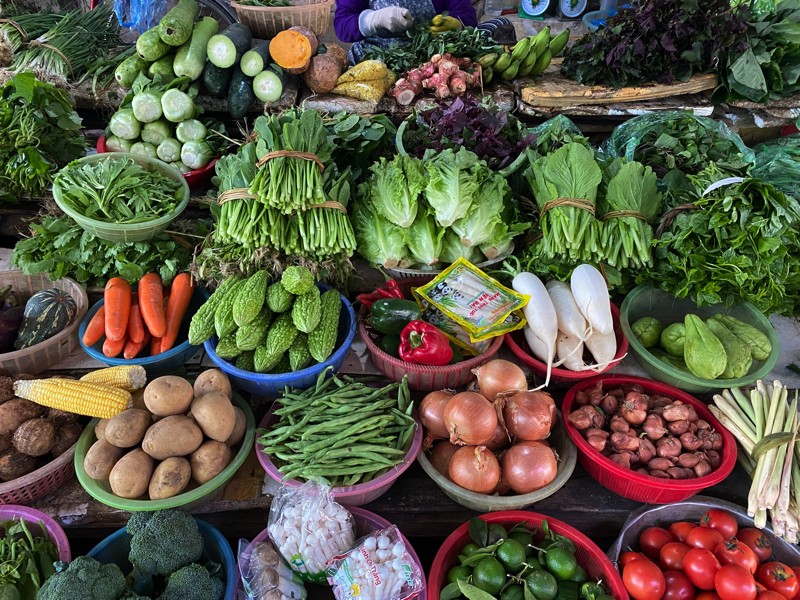Green vegetables contains many vitamins and minerals, is an important food source in each person’s daily diet.
However, currently, the problem of “dirty vegetables” is with quantity Plant protection products and chemical residues in vegetables cause great impacts on consumer health because growers do not comply with safety regulations.
Nutritionist Nguyen Thu Ha, Saigon South International General Hospital, said: Toxic substances and chemical residues silently destroy the human body.
Our bodies react when ingesting toxic substances with symptoms of restlessness, stomach pain, dizziness, headaches, vomiting or diarrhea.
In case of chronic poisoning by pesticides, long-term accumulation of chemicals can destroy genes, causing the gene duplication process to go wrong and be the starting cause of cancer.
Below are the types Vegetables have pesticide residue The most that people need to note:
Spinach
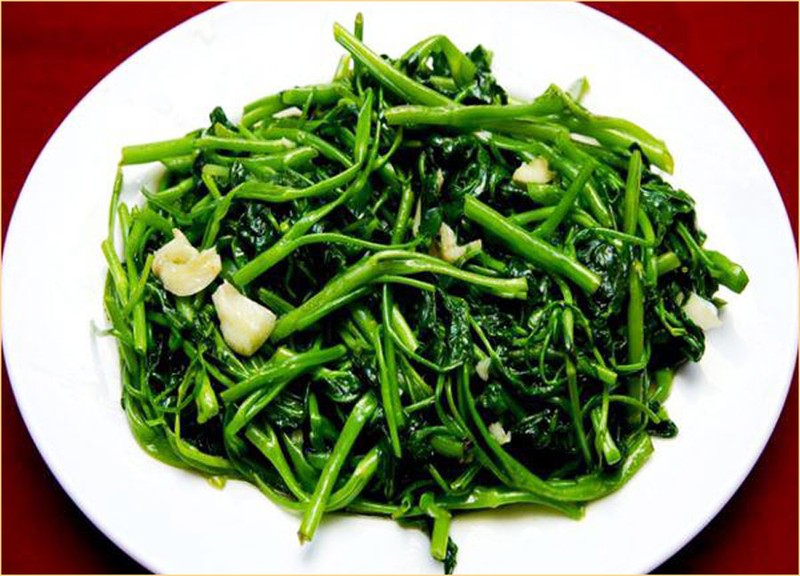
Water spinach is a seasonal vegetable, but with today’s growing technology, you can eat water spinach almost all year round.
This vegetable is familiar to Vietnamese people, but not everyone knows that water spinach grows in mud. Once sprayed with pesticides, it will soak in the water for a long time, accumulating drug residue from leaves to roots.
Celery
There are two types of celery, one is shallow grown in fields, the other is water grown in shallow ponds.
Types that need to be grown in water often contain more worms than types that need to be grown on land.
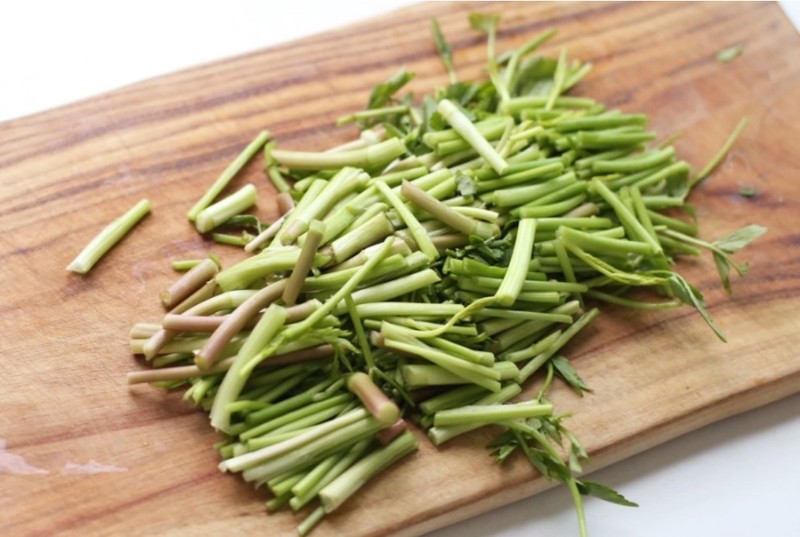
Therefore, chemicals found on vegetables are often insecticides. If celery is sprayed and left without water for a day, the vegetable will wither and the stem will shrivel up.
If too much pesticide and fertilizer are sprayed, the vegetable stem will be unusually large and white.
Cucumber
To protect cucumbers from harmful insects, growers often use chemical pesticides with unpleasant odors.
In particular, many people, for profit, also use stimulants to shorten the growth cycle of cucumbers, producing larger, more beautiful fruits.
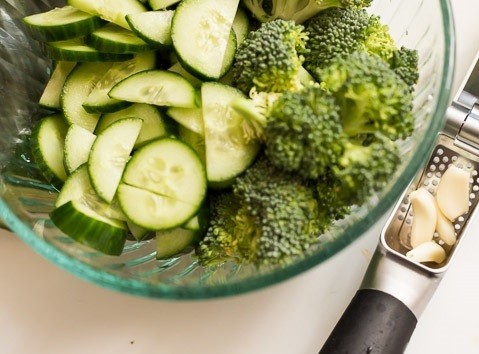
Cauliflower
Whether it’s cauliflower or broccoli, their special structure easily traps pesticide residues, insect eggs and insects in the crevices. The closer it is to harvest, the more growers use pesticides to protect broccoli.
According to some studies, washing with clean water many times or even with dilute salt water with high antiseptic properties does not remove all residual pesticides in cauliflower.
Cabbage
Cabbage is a popular winter vegetable. When eating cabbage, many people will peel off the outer layer of leaves and cut the inside to eat.
But did you know that cabbage is often sprayed with two types of pesticides during the growing process, one sprayed on the roots and one sprayed on the leaves, while also fertilizing and nitrogen irrigation to stimulate growth.
So even if it’s rolled up like that, you still need to remove each leaf and soak it before eating.
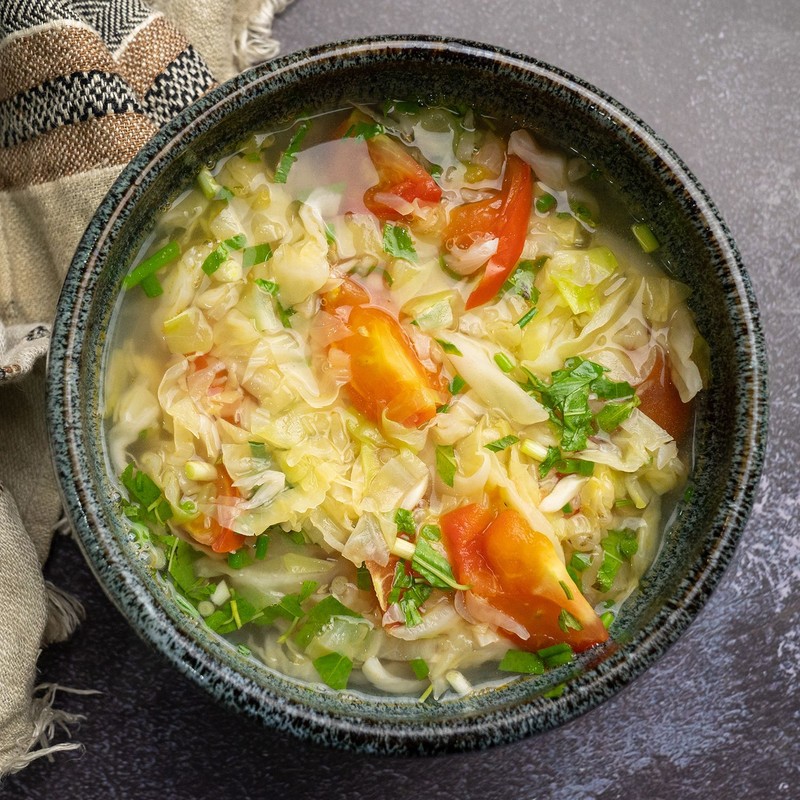
Tomato
October and November are the busiest months for tomatoes, but this is a fruit that is easily contaminated because in order for tomatoes to ripen evenly and beautifully, growers often use chemicals to ripen the fruit.
That’s why you should choose green tomatoes and wait until they ripen to use for your family, it will be safer.
What do nutritionists advise?
According to experts, to minimize the risk of food poisoning, when choosing vegetables from the market to use, we need to comply with the following principles:
You should buy from branded, reputable and safe places, where the vegetables have their origin and have a label so we can trace them and ensure quality.
Choose quality vegetables. The appearance of vegetables must be intact, without scratches or bruises. The color must be natural, not unusually eye-catching, and not too faded. When holding vegetables, they must feel heavy, crunchy, and firm.
There are no foreign substances such as white on the surface of the vegetables. If there are, we can suspect that there are pesticide residues. Vegetables also do not have a strange smell if it is not a typical food smell.
In addition, after buying vegetables from the supermarket or market, consumers need to carefully prepare and wash the vegetables with clean water several times (best to wash each leaf under running water) and soak the vegetables with salt, lemon juice, and vinegar. Diluted applesauce… helps remove a lot of substances that stick to the surface of food.
When there are signs of pesticide poisoning, or suspicious symptoms, you should immediately go to the nearest specialized medical facility for timely diagnosis, treatment and tests.

